Tent camping is a great way to get back to nature and enjoy the great outdoors without having to deal with all of the complexities that come with other forms of camping.
What is tent camping? What camping gear should you take on your next tent camp trip including tent camping essentials? What are some benefits of tent camping over more complex types of outdoor recreation like RVing or pop up camper camping? This complete guide will answer all these questions and more as we dive into one of the most simplistic ways to get back into nature.
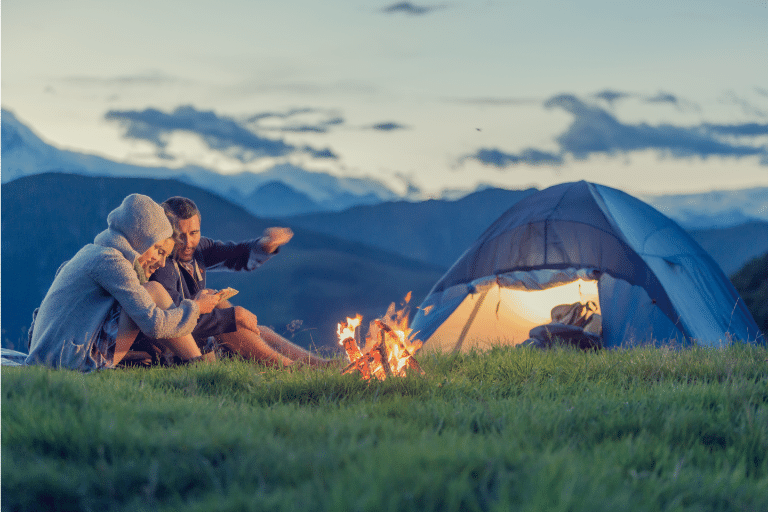
What is Tent Camping Exactly?
Tent camping is great for those looking to spend time outdoors but does not want to spend hours prepping more complex means of outdoor living such as pull-behind trailers or RVs. Tent camping is a great way to enjoy the outdoors and get away from the hustle and bustle of everyday life.
There are many reasons why people love to tent camp, including the fact that it is relatively inexpensive, it allows you to be close to nature, and it is a great way to bond with family and friends. Tent camping also gives you the opportunity to unplug from technology and relax in a peaceful setting and these are only a few tent camping benefits. Whether you are looking for a weekend getaway or a longer vacation, tent camping is a great option.
The different types of tent camping:
Below are a few tent camping ideas depending on the type of trips you plan to take as well as some tent camping tips and essentials:
- Car Tent Camping – Car tent camping is a great way to get started camping. It is also a good option for those who want to take their camping experience up a notch. A car tent is a tent that can be set up in or around your vehicle. This type of tent camping is perfect for short trips, requires less camping gear, and offers the most protection from the elements.
- Backpacking Tent Camping – > Backpacking tent camping although lacking by being a bit less “luxurious” than car tent camping, it makes up for in the freedom backpacking brings. You will want to go lighter here with your gear including your tent as you will be carrying everything on your person but you can get into places no cars can get to which makes it magical in its own right. Typically people will backpack tent camp will be out no more than a couple nights.
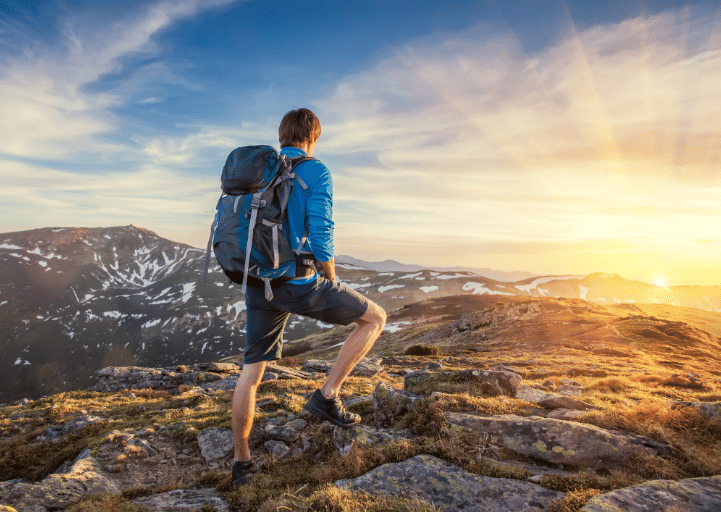
- Through Hike Tent Camping – The ultimate backpacking tent camping experience. You will be going Ultralight here since you will be hiking typically double-digit miles per day and will be out for sometimes a week at a time! This is some hardcore hiking and camping and is typically suitable for the more experienced hiker and camper. It does not require a lot of camping gear but the gear needs to be specific for the trip.
- Kayak Tent Camping – Relatively new trend, with kayak camping you aren’t restricted to just walking on land but, instead, have the freedom to navigate waters with a kayak to sometimes some pretty remote places. The biggest thing to keep in mind here is to have “dry sacks”. These will keep your gear dry during treks out in the water.
As you can see there are many different types of adventures you can choose for tent camping depending on your preference and level of experience. We would suggest leaning toward the one to two-nighter type car tent camping trips when just starting out to get the feel for the experience and the gear you need (and do not).
The 12 Essential Camping Gear To Take On Your Next Tent Camping Adventure
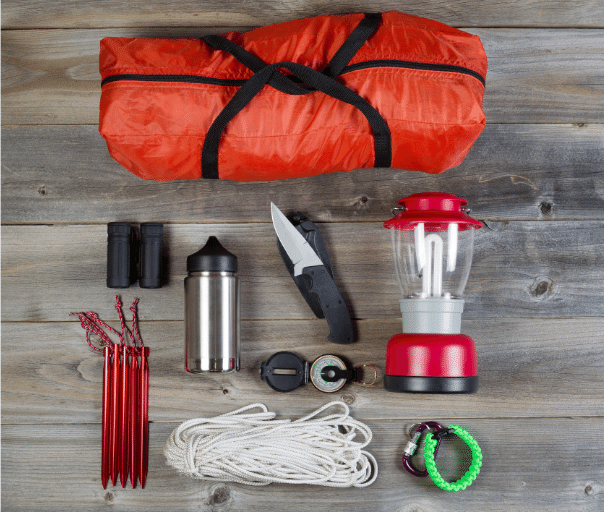
Whether you are venturing out for your first time or your next time tent camping, make sure to look over our 12 essentials list below and make sure all these things make it into your car or pack!
- Tent – Obviously a no-brainer you will need a form of shelter from the elements and to sleep at night. Weather protection is your number one priority here when choosing a tent with size and weight a close second.
- Sleeping Bag – A good quality sleeping back is the difference between tossing and turning all night from the cold and lack of comfort to “sawing logs” with your deep sleep snore. Choose a bag that is suited to the environment you plan to camp in. Also, a side sleeper might want a rectangular bag vs. a back sleeper or cold environment you might want a mummy bag.
- Lantern, Flashlight, or another light source — we recommend a LED lantern and/or headlamp for longer life and less hassle because it uses rechargeable batteries and are extremely dependable. A headlamp is also great because it allows both hands to be free which is nice if you are setting up camp after dusk. We highly suggest you have two light sources for preparedness.
- Food and WATER – You got to eat, right? camping food comes in all different shapes, sizes, and most importantly tastes! Car tent camping you can get away with hot dogs, hamburger patties, pancake batter, etc. but if you are doing some backpacking you will want to go the freeze-dried route. Non-perishable, high in complex carbs, and low in sodium type snacks are great for any adventure! Something almost every camper underestimates is the amount of water they need. A good rule of thumb is a gallon of water a day which will include water for food. At higher elevations and being more active will require more water intake than normal to keep from being dehydrated.
- Camp Stove — If you’re worried about finding a good fire pit, bring along your own camping stove. It doesn’t need to be anything fancy as long as it’s sturdy and has the right kind of fuel. Additionally, this is also an opportunity for some burgers and hot dogs if you are car camping or at the very least some boiled water for a hot cup of joe in the glory of a backwoods morning.
- Plates and utensils – Something that is overlooked on the newbie camper but essential in the latter process of preparing food. Your food. That will keep you alive in the wood’s food. Anyway, there are plenty of inexpensive tent camping style plates and utensils that fold up nicely into each other to take up less space, are lightweight and are very durable for all your cutlery needs.
- First Aid Kit — What good is food and shelter without the ability to stay safe along the way? While there are many ready-made kits on the market, it’s a good idea to customize your own. What should you include? The list will vary depending on who is going and what they’re doing, but here are some basics: pain reliever(ibuprofen, Tylenol, etc.), bandages of varying sizes for small scrapes or large gashes, gauze pads in several sizes for larger wounds, medical adhesive tape, scissors, tweezers, and a thermometer.
- Camping Knife – This one doesn’t have to be complicated. Keep it simple by finding a knife that has both a smooth and serrated blade and if it folds then make sure it has a blade lock. It doesn’t need to be any longer than four inches unless you are bushwhacking in Australia or something. If you want to get fancy, splurge on a good quality multitool like the ones from Leatherman.
- Matches AND Lighter – I mention both here because for preparedness it is highly recommended you have at least two reliable sources to produce fire (and I don’t trust you hitting two rocks together, sorry.). One obvious reason to have a fire source is to cook your food but another very important one is to keep warm! A campfire is an amazing experience but also a necessary one during those cold, high elevation nights and mornings.
- Rope or Cord — Having a rope and/or paracord is great to have for its versatility. You can use it for tying down your tent and other items as well as stringing stuff up into trees that you don’t want critters (big or small) to wander their way into. In survival scenarios, rope and paracord have a ton of uses to help you out from lean-to type shelters to catching small game, to survival first aid needs.
- Jacket, Hat, and other coverings – You need ways to protect yourself from harsh environmental elements. You can have a less than desirable experience from too much exposure to sun, rain, wind, or snow so having protective clothing for these elements is imperative. Research and understand the environment you are going into and prepare for multiple possibilities.
- Sunscreen and bug spray – Similar to the above reasons, sunscreen and bug spray help protect you from the elements you face in the backcountry and potential diseases as well.
How to Choose Your First (or Next) Tent
Your tent is one of the most important pieces of camping gear and is your temporary home and shelter from the elements so you want to make sure you acquire one that is made of sturdy materials. When choosing your first tent you will want to get one that is best suited for the type of tent camping you plan to do the most.
As you get more comfortable with tent camping and decide to branch out to more adventurous tent camping, you will want to choose additional tents that are meant for the camping you plan to do(i.e. ultra light weight, 4 season, bivy tent, etc.)
One of the most common issues with tents is water leaking in the seams and condensation accumulating on the lower walls. After you make your tent purchase it is highly suggested that you use a waterproofing sealer over the whole exterior of the tent. Allow to dry fully and is suggested to re apply annually. Unfortunately condensation is just natural from the difference in temperature inside your tent from body heat and warmers compared to the outside. You want to try to keep gear you do not want went off the tent walls.
What is Tent Camping in Summary
There are many options and ways to camp, however, tent camping is by far the easiest, least expensive, and least stressful option to choose. It is a great way to get back to nature and enjoy all the benefits that camping has to offer without having to break the bank for more complex camping gear or for something like a trailer or recreational vehicle.
As with anything new, do your research and be safe. The outdoors is a wonderful place but also dangerous if not prepared. Especially if you plan to do any solo camping make sure to have an emergency plan with a designated person that knows where you are going and when you are expected to be back.
Tell us about your latest tent camping adventure in the comments below!
– OutdoorsyMore.com
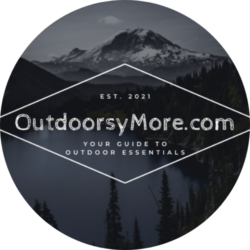
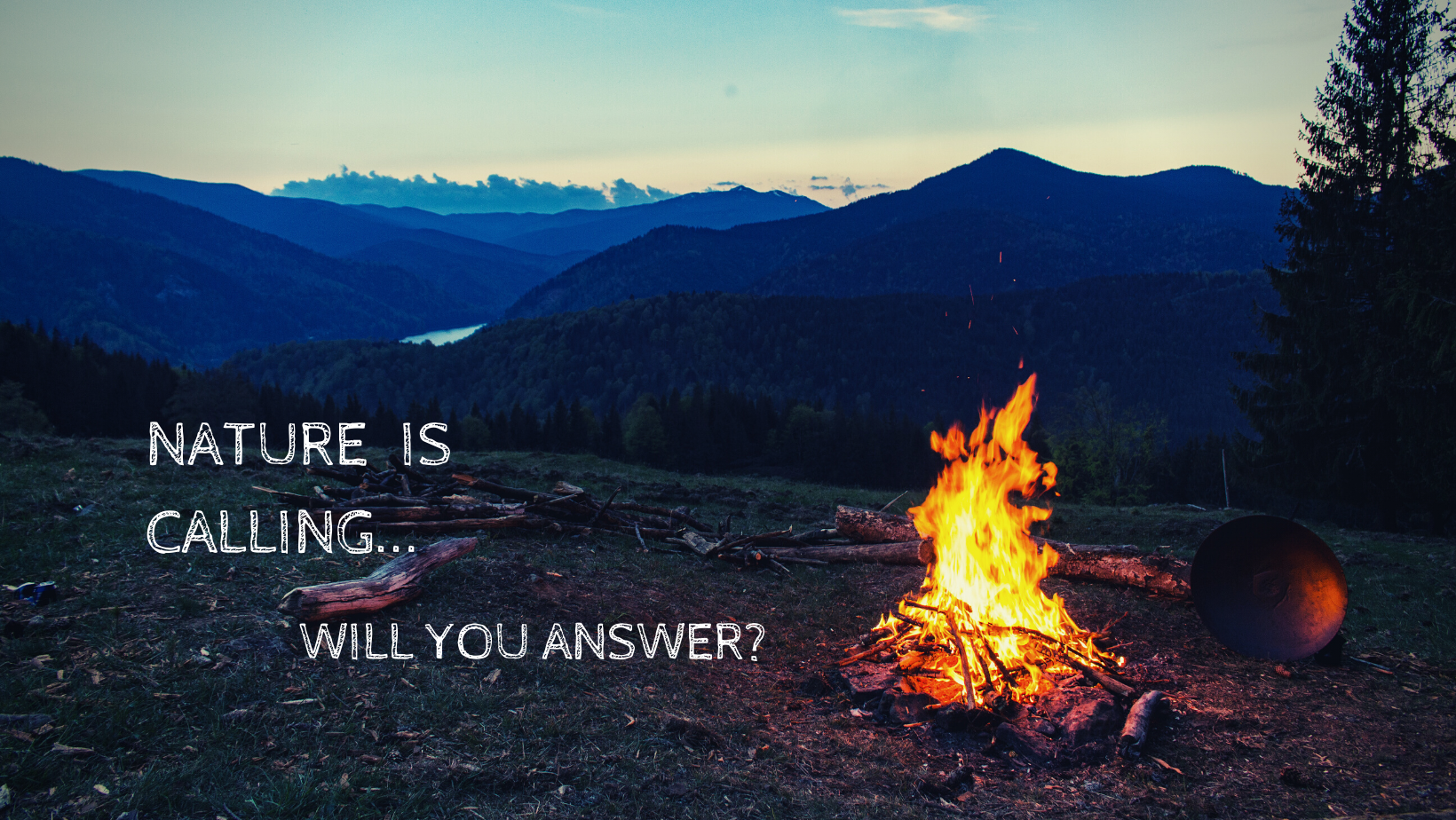
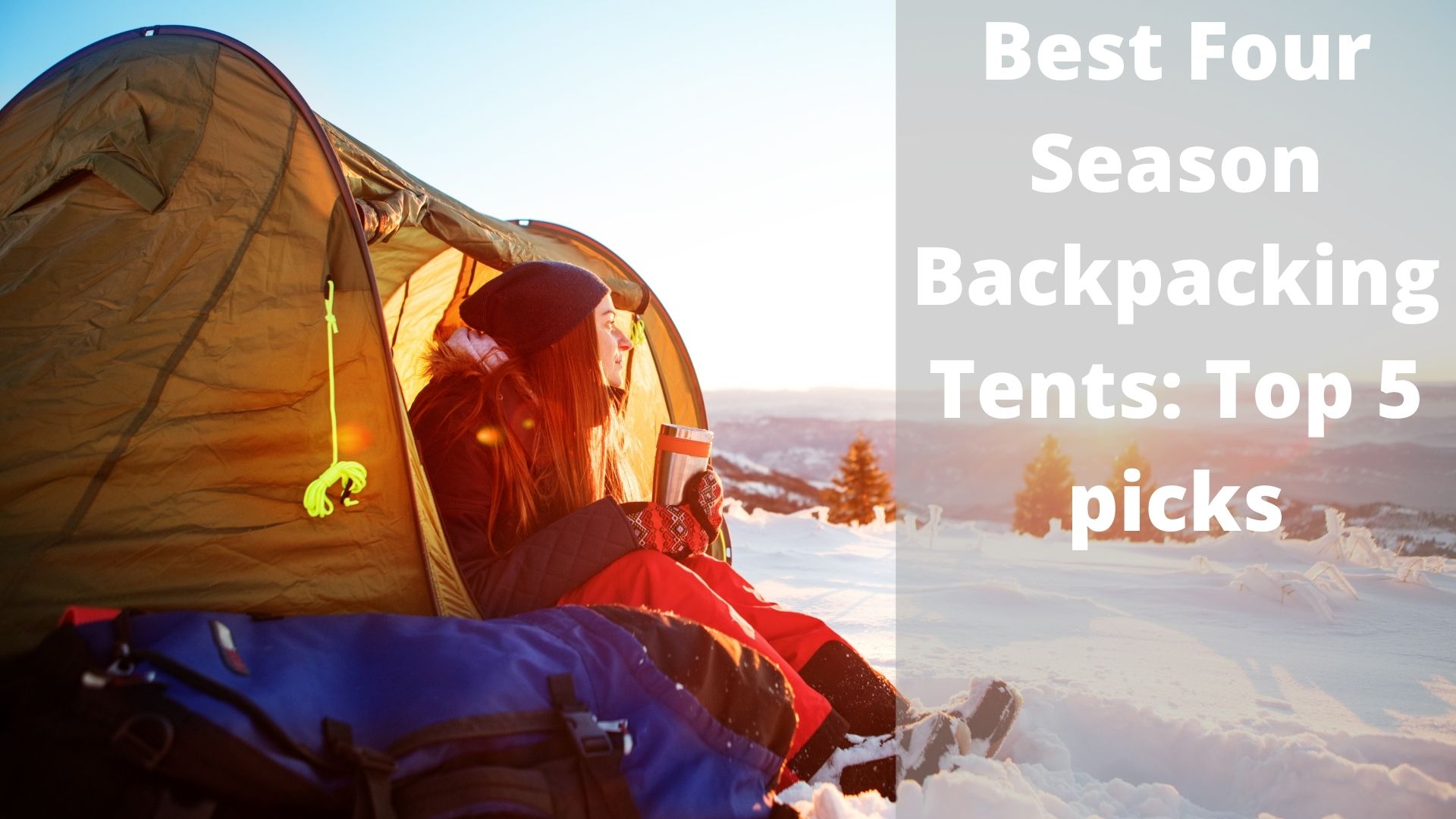
Hi there,
Great article. I found it very useful!
We often go camping with our kids. We love nature:) I was amazed at how many types of tent camping there are. I’ve heard about boat camping, and that’s quite interesting:) Have you heard about it? I wonder what kinds of tent you would need for boat camping. Some people put a tent on their boat and sleep under the stars:)
I will check the 4 seasons tents, as we need to buy some for our next camping adventure. Are they waterproof?
Thank you
Hello Daniella, great question on boat camping! I would list some ideas here but I don’t want to spoil an upcoming post on the subject so please bookmark our site and come visit often! Boat camping has started to become a more popular trend and rightfully so being able to be out in the water, travel farther and faster than typically backpack hiking and even being able to possibly get into areas you wouldn’t be able to traditionally!
Very interesting text. I have long wanted to go on a real camping trip with my family for a few days. However, you really need to be prepared, all the equipment and everything that goes for camping in nature. Camping with a caravan is not a bad idea either. However, it is more luxurious than camping in a tent.